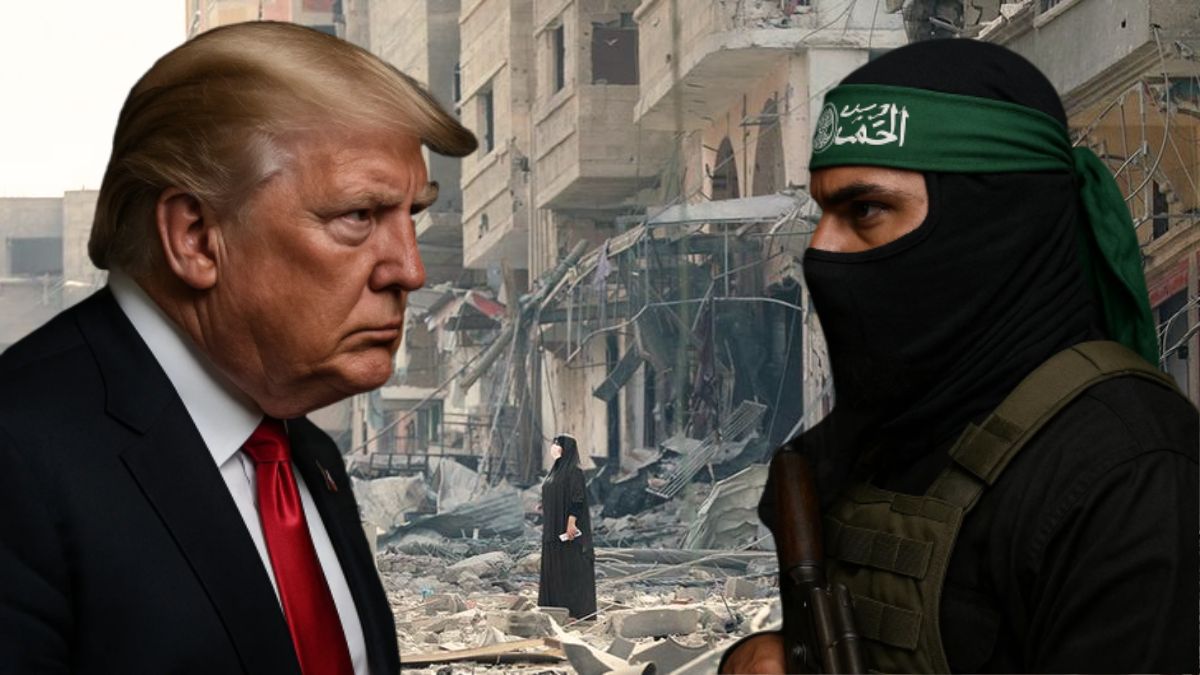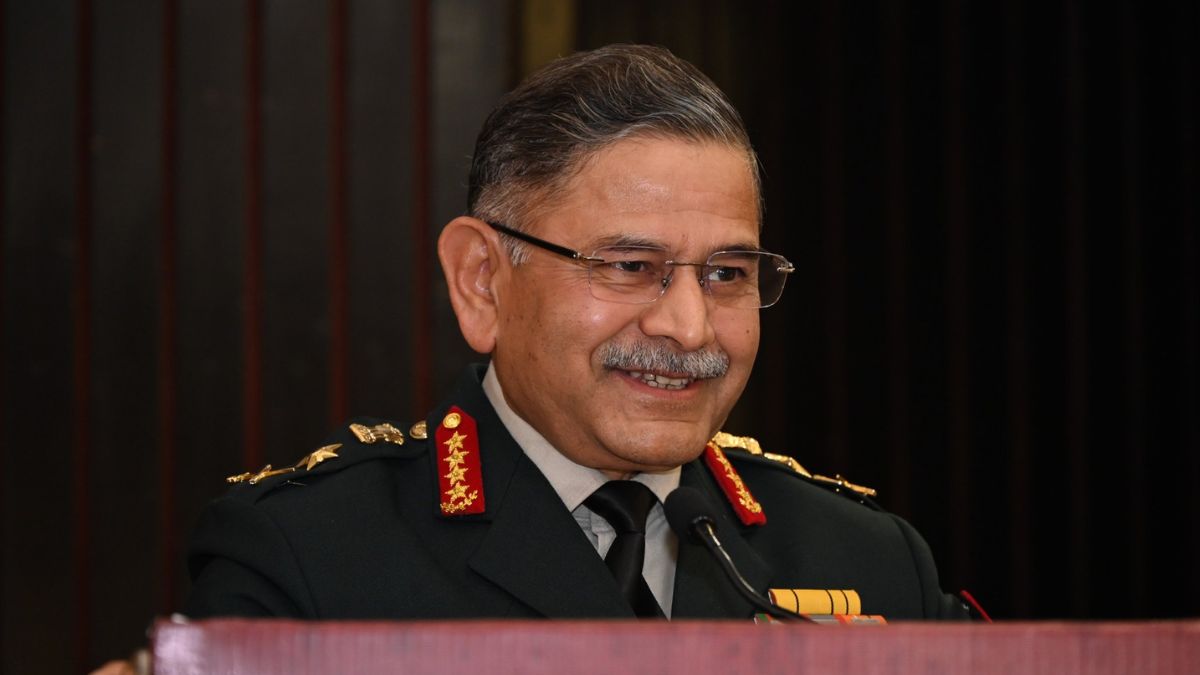Hamas Hints Partial Acceptance Of Trump’s Gaza Peace Plan, But Pushes Back On…

While Hamas has agreed to the parts about release of Israeli hostages in Trump's 20-point plan, it has put up resistance on provisions about Gaza's governance. Image courtesy: RNA
Hamas has said it is prepared to release all remaining Israeli hostages under a US-brokered peace proposal, while insisting that several provisions of Donald Trump’s 20-point plan require further negotiation.
The group announced on Saturday (October 4, 2025) that it agreed “to release all Israeli prisoners, both living and dead, according to the exchange formula contained in President Trump’s proposal” if certain conditions were met. But it stressed that fundamental questions about Gaza’s governance and Palestinian rights were unresolved.
The statement came shortly after the US president gave Hamas a Sunday deadline to accept the plan or face “all hell.” On his social media platform, Trump wrote: “I believe they are ready for a lasting PEACE,” urging Israel to “immediately stop the bombing of Gaza, so that we can get the Hostages out safely and quickly!”
What parts of the 20-point plan has Hamas rejected?
Hamas said it would not accept clauses requiring its exclusion from future governance of Gaza, and it opposed the disarmament conditions central to the US proposal. The group instead called for Gaza to be administered by “a Palestinian body of independents (technocrats), based on Palestinian national consensus and Arab and Islamic support.”
It also rejected the creation of a Trump-chaired “Board of Peace” to oversee the transition, describing it as external control, and demanded a full Israeli withdrawal rather than the staged pullback outlined in the plan.
The movement emphasised that it would negotiate the details of a prisoner exchange and other aspects before committing to Washington’s timetable.
How have international actors responded?
The US plan calls for an immediate ceasefire and the release within 72 hours of 20 surviving Israeli hostages and the remains of others, in exchange for hundreds of detained Palestinians. Israel would then allow humanitarian aid into Gaza.
European and Middle Eastern leaders have broadly welcomed the plan. India’s prime minister, Narendra Modi, called it a “significant step forward.” The Palestinian Authority described Trump’s efforts as “sincere and determined.”
But Israeli prime minister Benjamin Netanyahu reiterated his opposition to any arrangement that could pave the way for a Palestinian state. “It’s not written in the agreement. We said we would strongly oppose a Palestinian state,” he said.
White House press secretary Karoline Leavitt warned that the consequences of rejection would be “very grave” for Hamas. “If they don’t [accept], the consequences, unfortunately, are going to be very tragic,” she said.
What is the situation on the ground?
Israel’s offensive in Gaza has intensified. On Sunday, its military said two projectiles were fired from the enclave, one intercepted and another landing in open ground. Gaza’s civil defence agency reported six people killed in strikes since dawn.
According to the Hamas-run health ministry, nearly 66,000 people have been killed in Gaza since Israel launched its operations following the Hamas-led attack of October 7, 2023, which killed around 1,200 people and saw 251 hostages taken.
James Elder, spokesperson for Unicef, condemned the idea of designated safe zones in the territory, calling them “farcical.” He said: “Bombs are dropped from the sky with chilling predictability. Schools, which have been designated as temporary shelters, are regularly reduced to rubble.”







